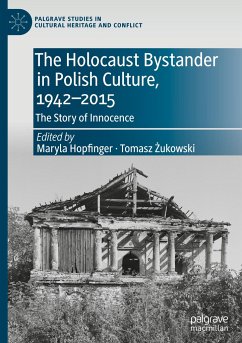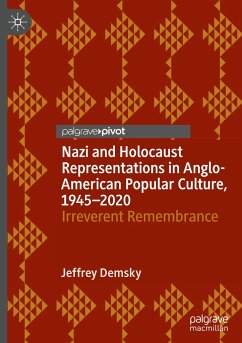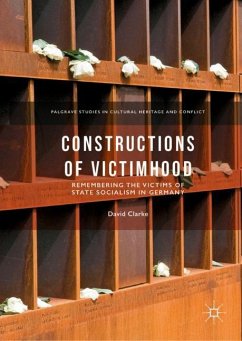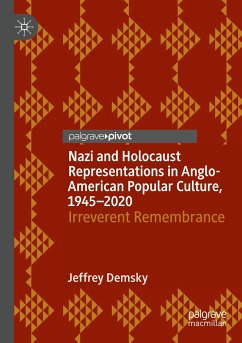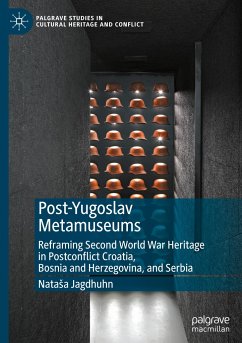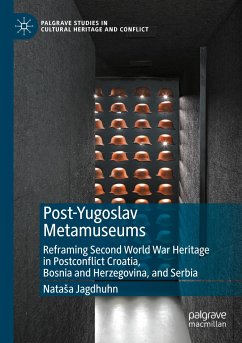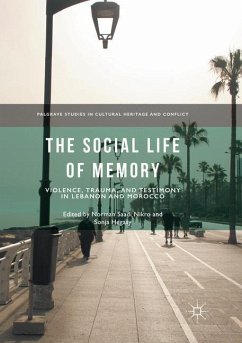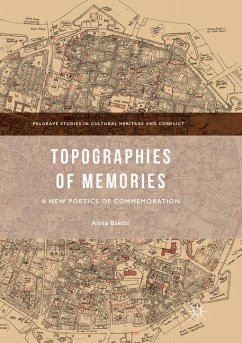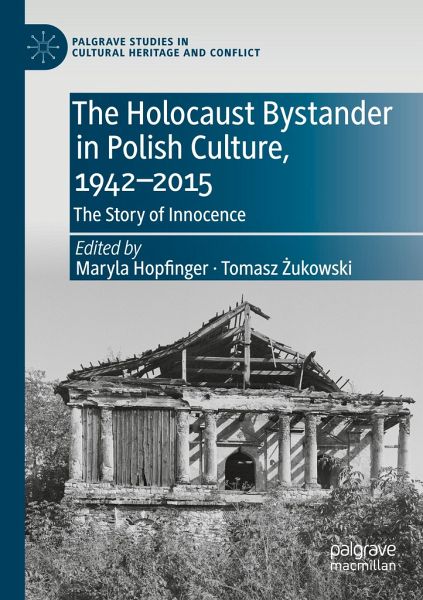
The Holocaust Bystander in Polish Culture, 1942-2015
The Story of Innocence
Herausgegeben: Hopfinger, Maryla; ?ukowski, Tomasz
Versandkostenfrei!
Versandfertig in 6-10 Tagen
106,99 €
inkl. MwSt.

PAYBACK Punkte
53 °P sammeln!
This book concerns building an idealized image of the society in which the Holocaust occurred. It inspects the category of the bystander (in Polish culture closely related to the witness), since the war recognized as the axis of self-presentation and majority politics of memory. The category is of performative character since it defines the roles of event participants, assumes passivity of the non-Jewish environment, and alienates the exterminated, thus making it impossible to speak about the bystanders' violence at the border between the ghetto and the 'Aryan' side. Bystanders were neither pa...
This book concerns building an idealized image of the society in which the Holocaust occurred. It inspects the category of the bystander (in Polish culture closely related to the witness), since the war recognized as the axis of self-presentation and majority politics of memory. The category is of performative character since it defines the roles of event participants, assumes passivity of the non-Jewish environment, and alienates the exterminated, thus making it impossible to speak about the bystanders' violence at the border between the ghetto and the 'Aryan' side. Bystanders were neither passive nor distanced; rather, they participated and played important roles in Nazi plans. Starting with the war, the authors analyze the functions of this category in the Polish discourse of memory through following its changing forms and showing links with social practices organizing the collective memory. Despite being often critiqued, this point of dispute about Polish memory rarely belongs to mainstream culture. It also blocks the memory of Polish violence against Jews. The book is intended for students and researchers interested in memory studies, the history of the Holocaust, the memory of genocide, and the war and postwar cultures of Poland and Eastern Europe.



